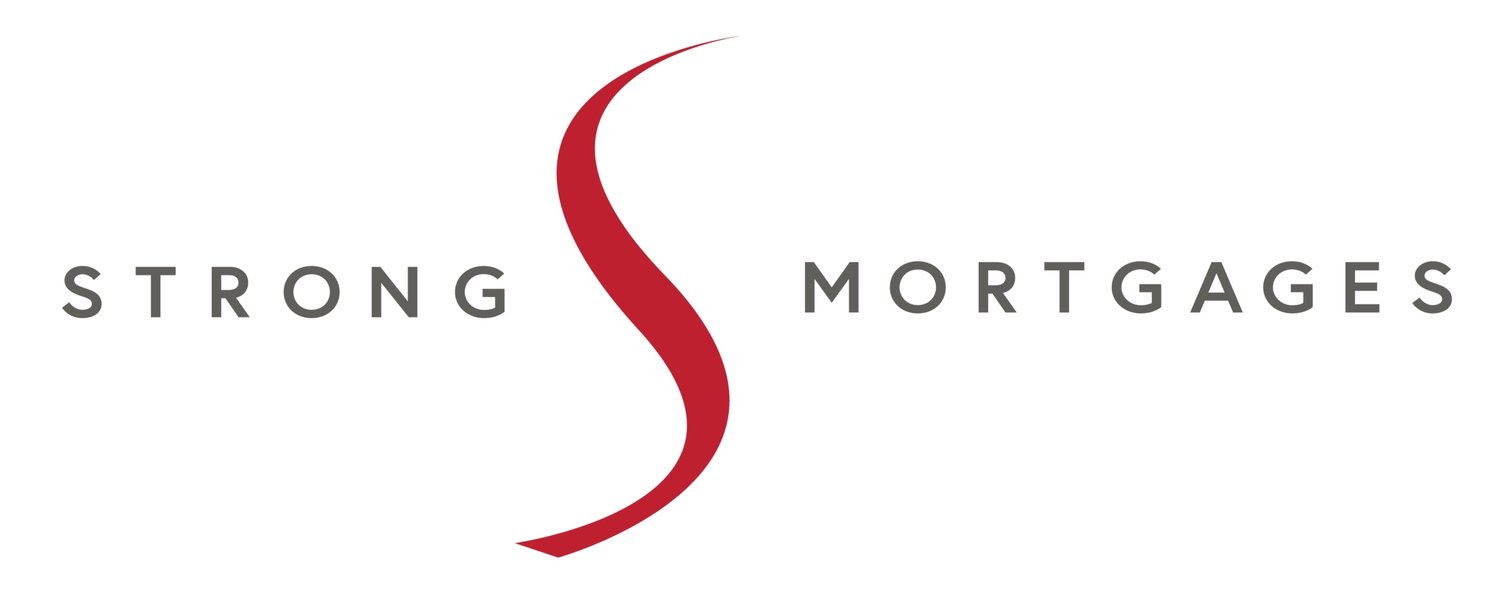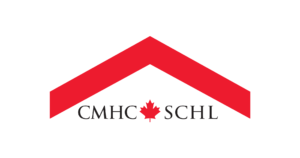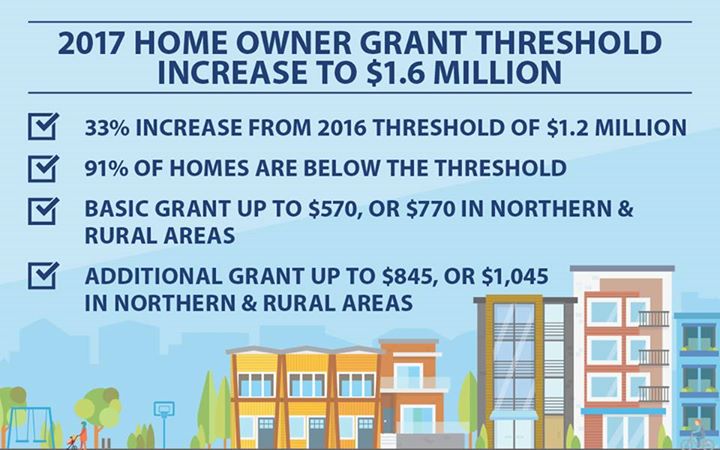CMHC to Increase Mortgage Insurance Premiums
OTTAWA, January 17, 2017 — CMHC is increasing its homeowner mortgage loan insurance premiums effective March 17, 2017. For the average CMHC-insured homebuyer, the higher premium will result in an increase of approximately $5 to their monthly mortgage payment.
“We do not expect the higher premiums to have a significant impact on the ability of Canadians to buy a home,” said Steven Mennill, Senior Vice-President, Insurance. “Overall, the changes will preserve competition in the mortgage loan insurance industry and contribute to financial stability.”
Capital requirements are an important factor in determining mortgage insurance premiums. The changes reflect OSFI's new capital requirements that came into effect on January 1st of this year that require mortgage insurers to hold additional capital. Capital holdings create a buffer against potential losses, helping to ensure the long term stability of the financial system.
During the first nine months of 2016:
- The average CMHC-insured loan was approximately $245,000.
- The average down payment was approximately 8%.
- The average gross debt service ratio (GDS) was 25.6%. To qualify for CMHC insurance, a homebuyer’s GDS should not exceed 32% of their total monthly household income.
| Loan Amount | $150,000 | $250,000 | $350,000 | $450,000 | $550,000 | $850,000 |
| Increase to Monthly Mortgage Payment | $2.82 | $4.70 | $6.59 | $8.47 | $10.35 | $15.98 |
Based on a 5 year term @ 2.94% and a 25 year amortization
*Premiums in Manitoba, Ontario and Quebec are subject to provincial sales tax — the sales tax cannot be added to the loan amount.
Premiums are calculated based on the loan-to-value ratio of the mortgage being insured. The premium can be paid in a single lump sum but more frequently is added to the mortgage principal and repaid over the life of the mortgage as part of regular mortgage payments. Additional details and scenarios are included in the backgrounder below.
CMHC regularly reviews its premiums and sets them at a level to cover related claims and expenses while also reflecting the regulatory capital requirements.
CMHC is Canada’s most experienced mortgage loan insurer. Our mortgage loan insurance enables Canadians to buy a home with a minimum down payment starting at 5%. As a Crown corporation, CMHC is the only mortgage insurer whose proceeds benefit all Canadians.
As Canada’s authority on housing, CMHC contributes to the stability of the housing market and financial system, provides support for Canadians in housing need and offers objective housing research and information to Canadian governments, consumers and the housing industry.
For additional highlights please see the attached backgrounder.
For more information, follow us on Twitter, YouTube, LinkedIn and Facebook.
Information on This Release:
Karine LeBlanc Media Relations 613-740-5413 kjleblan@cmhc-schl.gc.ca
Backgrounder
- CMHC’s standard mortgage loan insurance premiums will be changing as follows:
Loan-to-Value Ratio Standard Premium (Current) Standard Premium (Effective March 17, 2017) Up to and including 65% 0.60% 0.60% Up to and including 75% 0.75% 1.70% Up to and including 80% 1.25% 2.40% Up to and including 85% 1.80% 2.80% Up to and including 90% 2.40% 3.10% Up to and including 95% 3.60% 4.00% 90.01% to 95% - Non-Traditional Down Payment 3.85% 4.50% Down payment between 10% and 14.99%
Loan Amount $150,000 $250,000 $350,000 $450,000 $550,000 $850,000 Increase to Monthly Mortgage Payment $4.94 $8.23 $11.52 $14.81 $18.10 $27.98 Based on a 5 year term @ 2.94% and a 25 year amortization
Down payment between 15% and 19.99%
Loan Amount $150,000 $250,000 $350,000 $450,000 $550,000 $850,000 Increase to Monthly Mortgage Payment $7.06 $11.75 $16.46 $21.16 $25.86 $39.96 Based on a 5 year term @ 2.94% and a 25 year amortization
- During the first nine months of 2016
- Nearly 50% of CMHC’s transactional mortgage loan business were for loans of less than $300,000
- Nearly 95% of CMHC’s transactional mortgage loan business were for loans of less than $600,000
- Less than 1% of CMHC’s transactional mortgage loan business were for loans of more than $850,000
- CMHC follows OSFI guidelines for federally regulated mortgage insurers in Canada.
- Calculating the gross debt service ratio (GDS) allows potential homebuyers to estimate the maximum home-related expenses they can afford to pay each month.
GDS = Principal + Interest* + Property Tax + Heat Monthly Income
*Interest is calculated using the qualifying rate
- Mortgage loan insurance helps protect lenders against mortgage default and enables consumers to purchase homes with a minimum down payment of 5% with interest rates comparable to those with a 20% down payment. Mortgage loan insurance is typically required by lenders when homebuyers make a down payment of less than 20% of the purchase price.
- CMHC’s new premium rates will be effective for new mortgage loan insurance requests submitted on or after March 17, 2017. The current mortgage loan insurance premiums will apply for applications submitted to CMHC prior to this date, regardless of the closing date. As is normal practice, complete borrower and property details must be submitted to CMHC when requesting mortgage loan insurance.
- The changes do not impact mortgages currently insured by CMHC.









 anada Mortgage Professionals Association has done a great job of summarizing the rules changes. The four points below are the key take-a-ways, which outlines the definitive changes on the immediate horizon, but there is also consultation happening specific to "sharing of risk" in terms of mortgage defaults. The government would like to consider a shift from our current model of 100 per cent government-back mortgages to having lenders share some of the responsibility for default risk.
anada Mortgage Professionals Association has done a great job of summarizing the rules changes. The four points below are the key take-a-ways, which outlines the definitive changes on the immediate horizon, but there is also consultation happening specific to "sharing of risk" in terms of mortgage defaults. The government would like to consider a shift from our current model of 100 per cent government-back mortgages to having lenders share some of the responsibility for default risk.